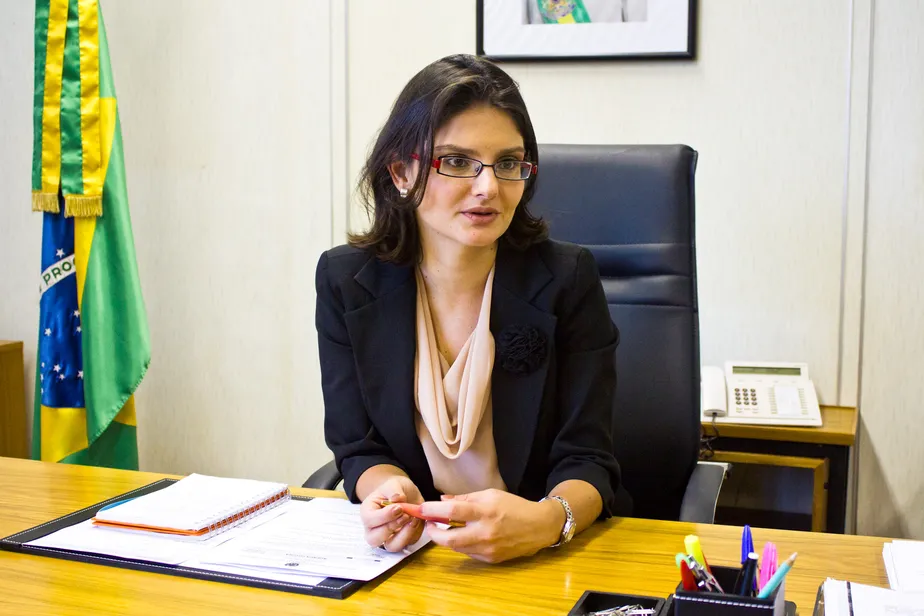The aim of the new policy is to increase the number of Brazilian exporters, especially among micro, small and medium-sized enterprises (MSMEs).
Brasília – In order to ensure that smaller companies benefit from the advantages of being part of international trade, the Ministry of Development, Industry, Trade and Services (MDIC) held an event on Monday (4) to launch the National Export Culture Policy (PNCE). The aim of the new policy is to increase the number of Brazilian exporters, especially among micro, small and medium-sized enterprises (MSMEs).
At the opening of the event in Brasilia, in an auditorium packed with technicians, authorities and representatives of bodies from 20 Brazilian states, the vice-president and minister of the MDIC, Geraldo Alckmin, highlighted the task ahead.
“As well as exporting more, we have to include small businesses. Expanding exports to the whole of Brazil. We have a big task. To export with added value, because if we look at Brazil’s export list, we have soybeans, crude oil and iron ore. That’s 40% of Brazilian exports, three products. So we need to add value, diversify more, have more destinations for our foreign trade,” he summarized.
The minister also spoke of the ongoing effort to reduce bureaucracy at the Single Foreign Trade Portal in order to simplify and reduce costs for companies operating in foreign trade. According to Alckmin, there is a great effort to reduce bureaucracy and also facilitate intra-regional trade, which is the target of most exporting companies. “The world is globalized, but trade is intraregional. In Canada, the United States and Mexico, 50% of trade is between them. In the European Union, 60% of trade is between 27 countries. In Latin America, this percentage is 26%. We have to win back our Latin American neighbors. And that’s where we sell value-added products: cars, trucks, household appliances. So we will make an effort here in our region to achieve even stronger trade,” said the minister.
The right time
According to the MDIC’s Foreign Trade Secretary, Tatiana Prazeres, Brazil is experiencing a propitious moment for the implementation of the PNCE.
“This will be a historic year for Brazilian foreign trade. Brazil has never exported as much as it did in the first eight months of this year (US$ 225 billion). At the MDIC, we are committed to simplifying processes and reducing bureaucracy in foreign trade, and we are going to work together with all the states, understanding the particularities and needs of each one. In addition to regional disparities, when we talk about more inclusive foreign trade, we also want to encourage greater participation by women. A pioneering study by Secex launched this year indicates that only 14% of exporting companies have a preponderance of women on their boards. We need to work to change that,” says Tatiana.
Another important guideline of the PNCE is to provide greater coordination between bodies involved in promoting foreign trade. “Collaboration is the key to the success of this initiative,” says Tatiana.
The PNCE seeks to overcome the challenge pointed out in the recent diagnosis released by the study “Profile of Brazilian Exporting Companies – A Panorama”, by Secex/MDIC. According to the publication, currently around 1% of firms in Brazil export. By region, the South and Southeast concentrate 90% of exporting firms.
Decree No. 11.593
The PNCE was instituted by Decree No. 11.593 and seeks to improve public policies in the sector, developing and strengthening inclusive actions for greater inclusion of companies in Brazilian foreign trade, as well as providing greater coordination between bodies involved in promoting foreign trade and supporting the entry and permanence of companies in foreign markets. The decree also created the National Committee for the Promotion of the Export Culture, which held its first meeting this Tuesday with the participation of the partners.
Members of the Committee are the Ministry of Agriculture and Livestock (MAPA); the Ministry of Foreign Affairs (MRE); the Ministry of Agrarian Development and Family Farming (MDA); Sebrae; and ApexBrasil. Also members of the PNCE Committee are representatives of the states of the Federation, other public administration bodies and entities representing the private sector, such as the National Confederation of Industry (CNI), the Confederation of Agriculture and Livestock of Brazil (CNA), the National Confederation of Trade in Goods, Services and Tourism (CNC) and local trade and industry federations.
The Decree stipulates that the actions of the National Policy must be directed at all sectors of the economy, especially those with export potential, and will include initiatives such as:
Promotion of exports and dissemination of the export culture;
Training and education for companies interested in exporting;
Sharing good practices;
Encouraging participation in trade promotion events;
Bringing exporting companies and institutions offering export-related services closer together; and
Identifying opportunities to foster an export culture and to export products and services.
According to Secex/MDIC, collaboration between the federal and state governments is essential to coordinate efforts and identify unique opportunities that can boost our exports. Public and private entities that work to promote exports and play a vital role in supporting and guiding companies will be heard.
“Close collaboration is essential to maximize our efforts and achieve the results we want. We are convinced that, with the PNCE, we will be able to improve the governance of the Brazilian state in public policies aimed at promoting exports. As a result, we will contribute to an increase in the number of Brazilian exporting companies, the regional diversification of exports and, consequently, an increase in employment and income in the country,” concludes MDIC’s Foreign Trade Secretary.


